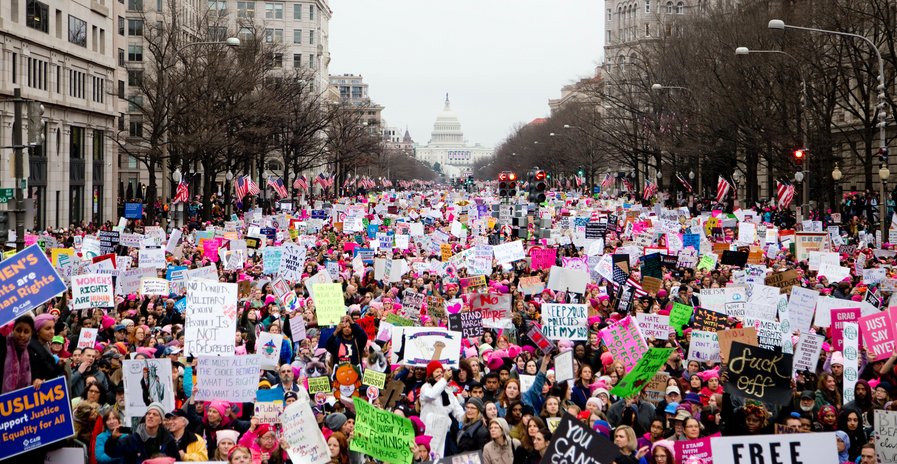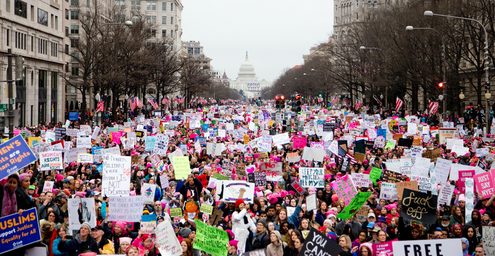TW: mentions of sexual assault.
This past week, as I was scrolling through my phone’s news feed, I came across multiple stories that shook me to the core and frightened me as a woman. The first story was about a 21-year-old woman, the same age as me, who had been charged with manslaughter after suffering a miscarriage. She had been sentenced to four years in prison because the court believed that it was her fault that she miscarried. The other story that made me quite sick was about a woman that had been raped on a Philadelphia train. While it took place, some passengers watched on and some even filmed the assault. Apparently, not one person tried to come to the woman’s aid. As an American and as a young woman, I am frightened that these absolute travesties are able to happen. I do not understand how people can be so cruel and others can stand by while these events occur.
The Case of Brittany Poolaw
Brittany Poolaw is a 21-year-old woman from the Comanche Nation. Prosecutors in her trial claimed that her use of methamphetamines was the cause of her miscarriage, yet there was no evidence that her use of the substance caused the miscarriage to happen. According to the autopsy, her miscarriage could have been caused by a congenital abnormality and placental abruption (when the placenta detaches from the womb). The state of Oklahoma claimed that she violated the manslaughter statute, which says that homicide is manslaughter in the first degree when the offender is engaged in the commission of a misdemeanor. In response, the National Advocates for Pregnant Women (NAPW) replied that the manslaughter laws do not apply to pregnancy losses before 20 weeks. Poolaw was between 15 and 17 weeks pregnant. NAPW also pointed out several policy statements, made from health officials over the years, claiming that pregnant women who have drug dependencies should not be criminally penalized, but rather treated and cared for.
The prosecution of Poolaw has brought attention to the number of cases against pregnant women. Some have been prosecuted for home births, having HIV or simply falling down stairs. This also brings attention to the fact that many of the women that are subject to pregnancy-based charges are either low-income women, drug-using women or women of color. Women, especially minorities, are constantly dealing with a system that is trying to control or punish them instead of protect them.
The Assault on a Philadelphia Train
It seems that women are under attack from all areas of society. A woman can’t even ride a train without dealing with harassment from others. This past week, a woman was harassed, groped and eventually raped by a fellow passenger as others looked on for more than two dozen stops (around 40 minutes). According to police, no one called the authorities and some passengers may have recorded the incident while it took place.
It is traumatic enough to experience sexual assault or rape, but to have it happen in a train car full of people looking on and doing nothing is a nightmare. Instead of helping this woman, people filmed it, as if it was for their entertainment. It is incomprehensible that so many people could see a woman being hurt, and they did not feel the need to intervene. How are women supposed to feel safe in a society where people would rather film us being raped than stop it from happening?
These news stories are perfect examples of the society we live in today. Women are told that they are safe, but they are constantly having to defend themselves—not just from other people but from the U.S. justice system. It is trying to control us, not protect us. All women should be able to live in a society where they do not have to be afraid of going about their daily lives.


